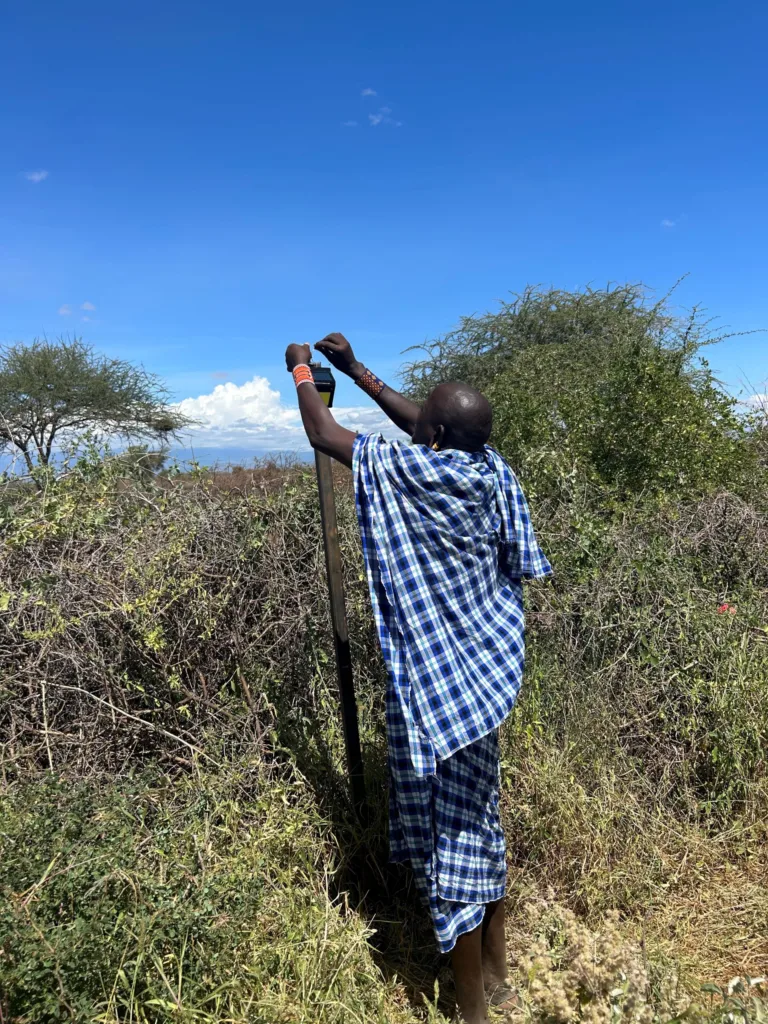Cows, Pigs, Poop, and Forests: The Recipe for a Successful Sustainable Farm Project
After almost one week in Costa Rica, we had our first field trip. Last Saturday we visited El Progreso Agroecological Farm, located in the lowlands of the Caribbean slope of Costa Rica. El Progreso is an 80 hectare farm owned by a hardworking Tico family, who has proved to the skeptical, that sustainable development is possible. This family has developed a truly highly efficient system on which every possible element is considered in order to maintain a sustainable farm that not only provides food and energy to the family itself but also to cows and pigs, which in turn provide the fuel to keep the system running.
Students not only witnessed but participated in the process of making organic fertilizer, which started on the forest floor, where they collected litter containing highly efficient microorganisms. Organic material was taken to a place where it was mixed with molasses, sawdust, and some other organic components. This mixture is going to wait for one month in anoxic conditions, to be ready to decompose organic wastes from the farm, including pig and cow excrement, and become a totally environmentally friendly fertilizer, which is going to provide nutrients to all crops on the farm, and also to the grey water plant treatment, which is in turn a beautiful garden.
Students had the opportunity to walk the farm, from the pastures to the exuberant and lush forest, which holds innumerable species of plants and animals, such as bats, poison dart frogs, tapirs and jaguars. Crops are a pivotal component to the farm, providing more than sixty percent of the food consumed by the family and the animals. The diet includes inter alia roots such as yucca or “malanga”, mangoes, papaya, palm heart, bananas and plantains, coconut, potatoes and beans, some of which we enjoyed in a lunch prepared entirely with organic products from the farm.
This was my first experience in the field as an ecology professor for SFS. I am deeply thankful for this opportunity, where I have the chance of continuing to discover new hidden paradises in my country and also where I am witness of the learning process of the students, whom I hope will be able to apply the knowledge acquired here throughout their lives.
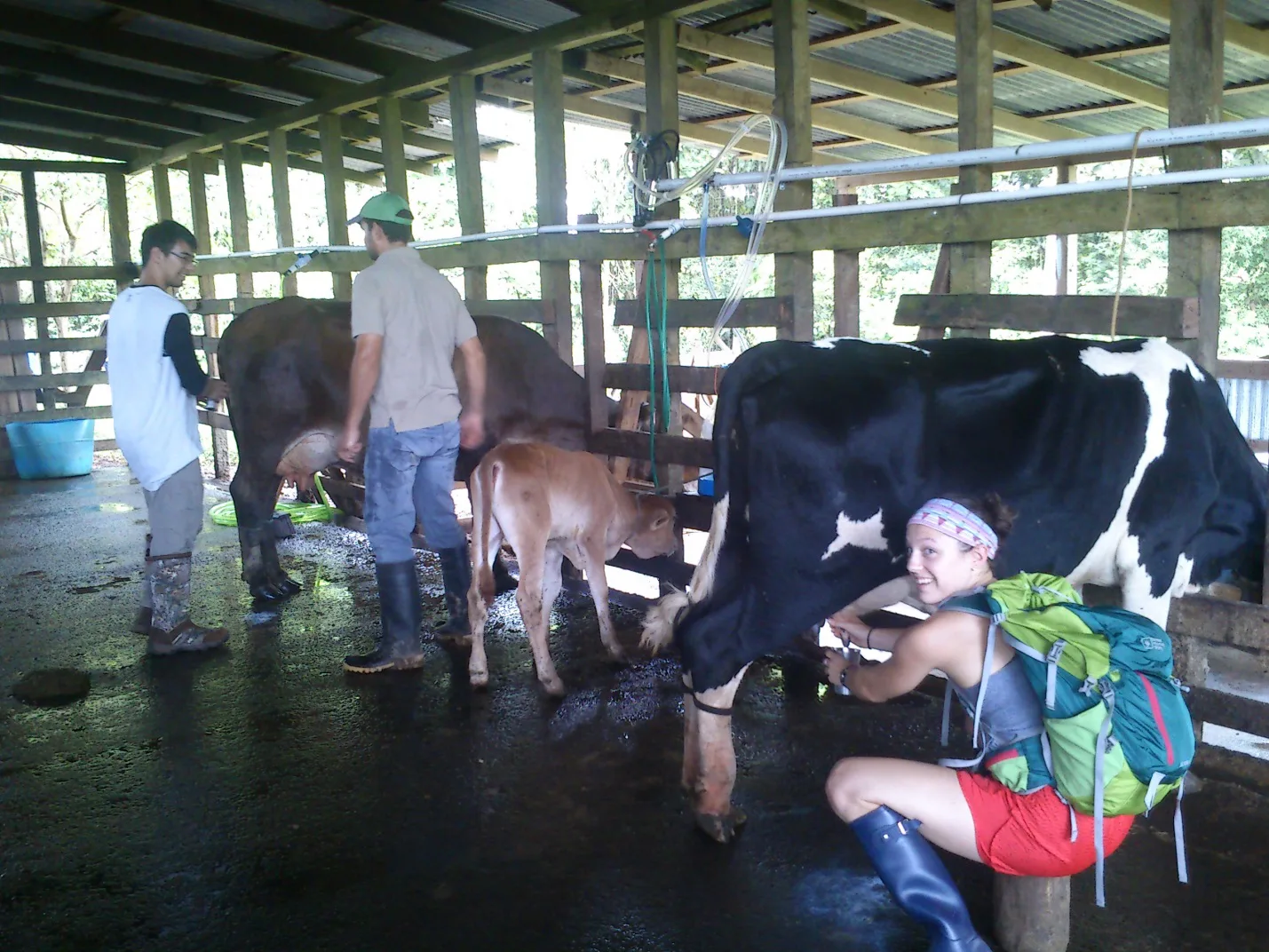
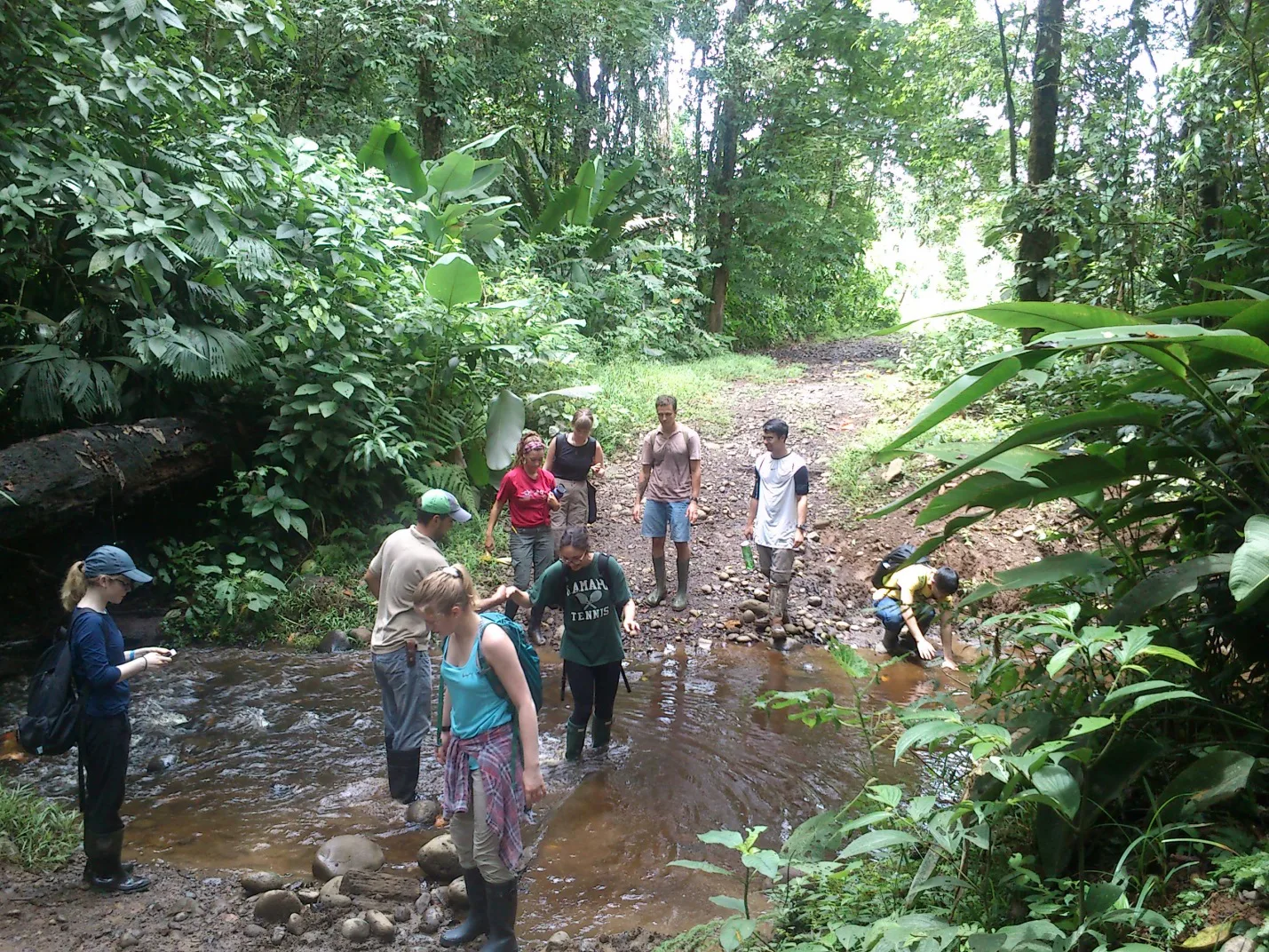
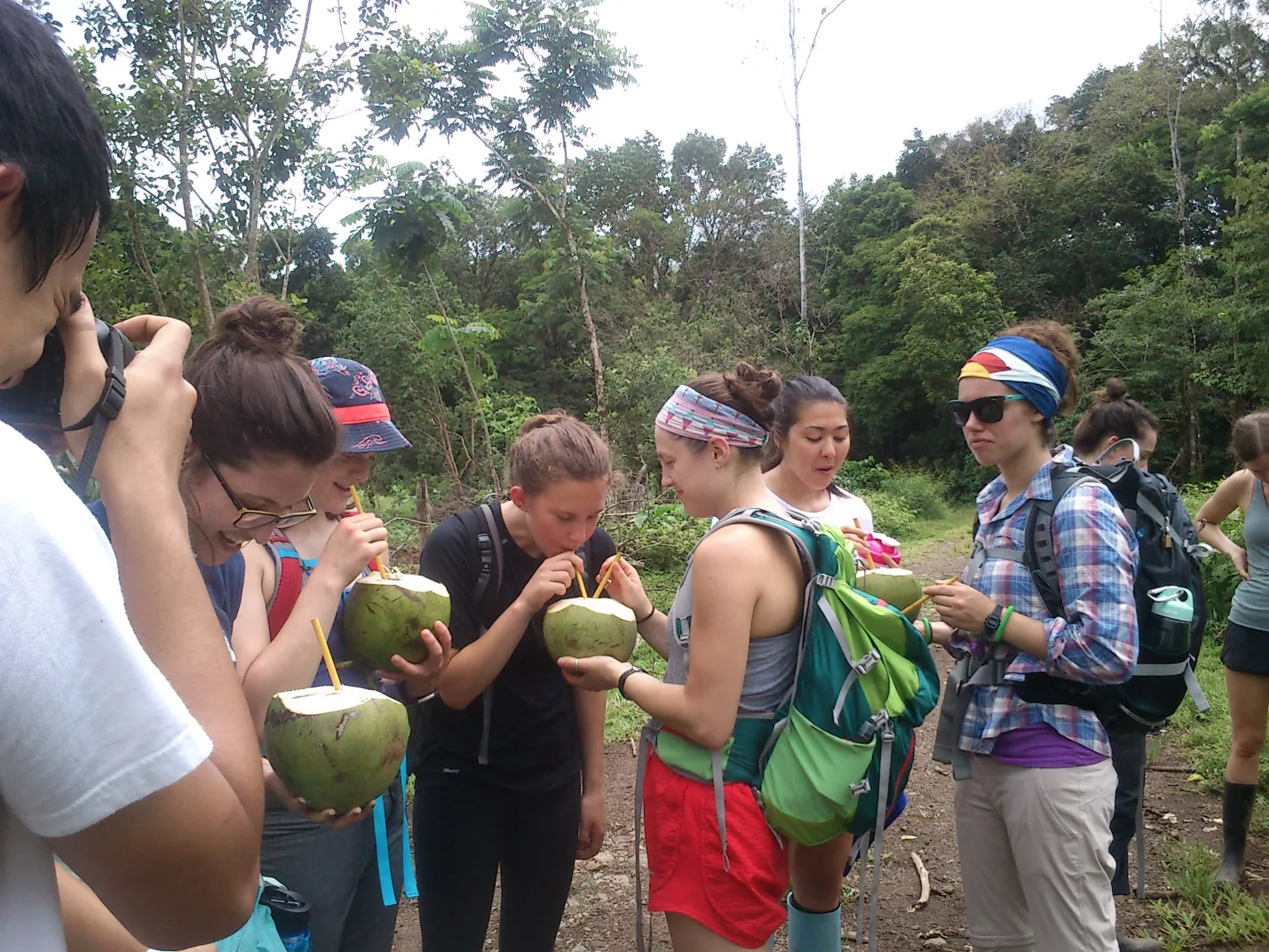
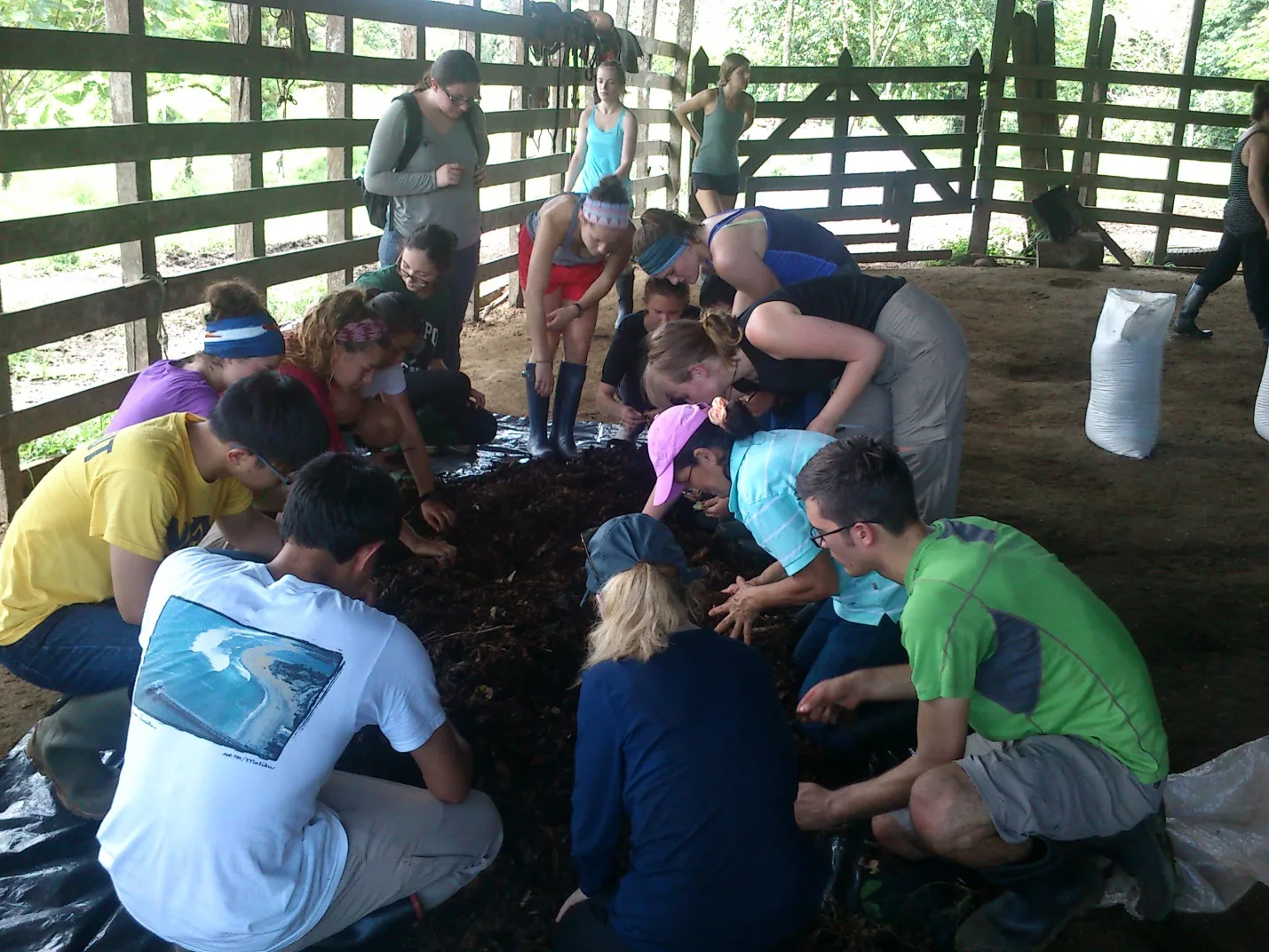
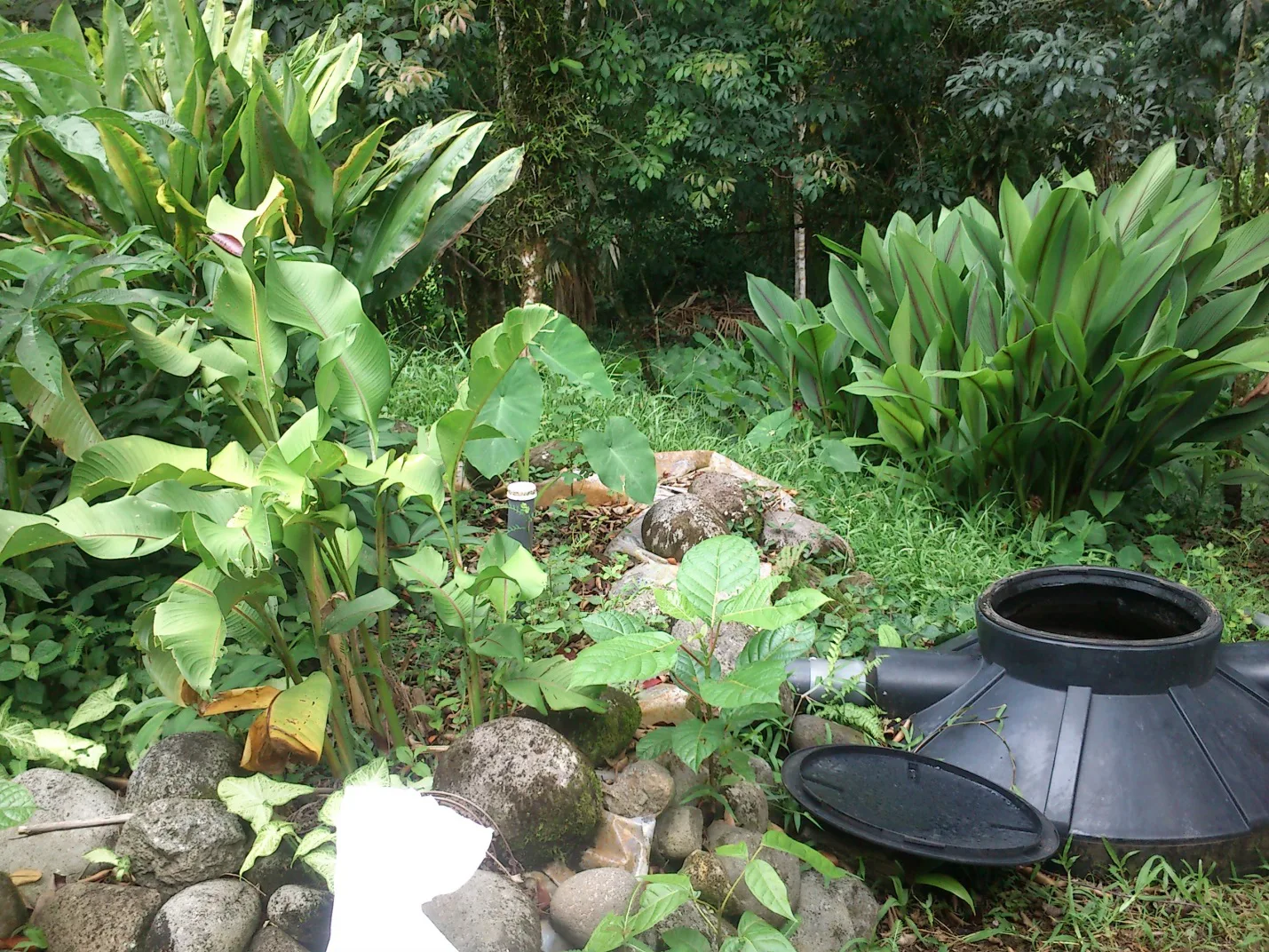
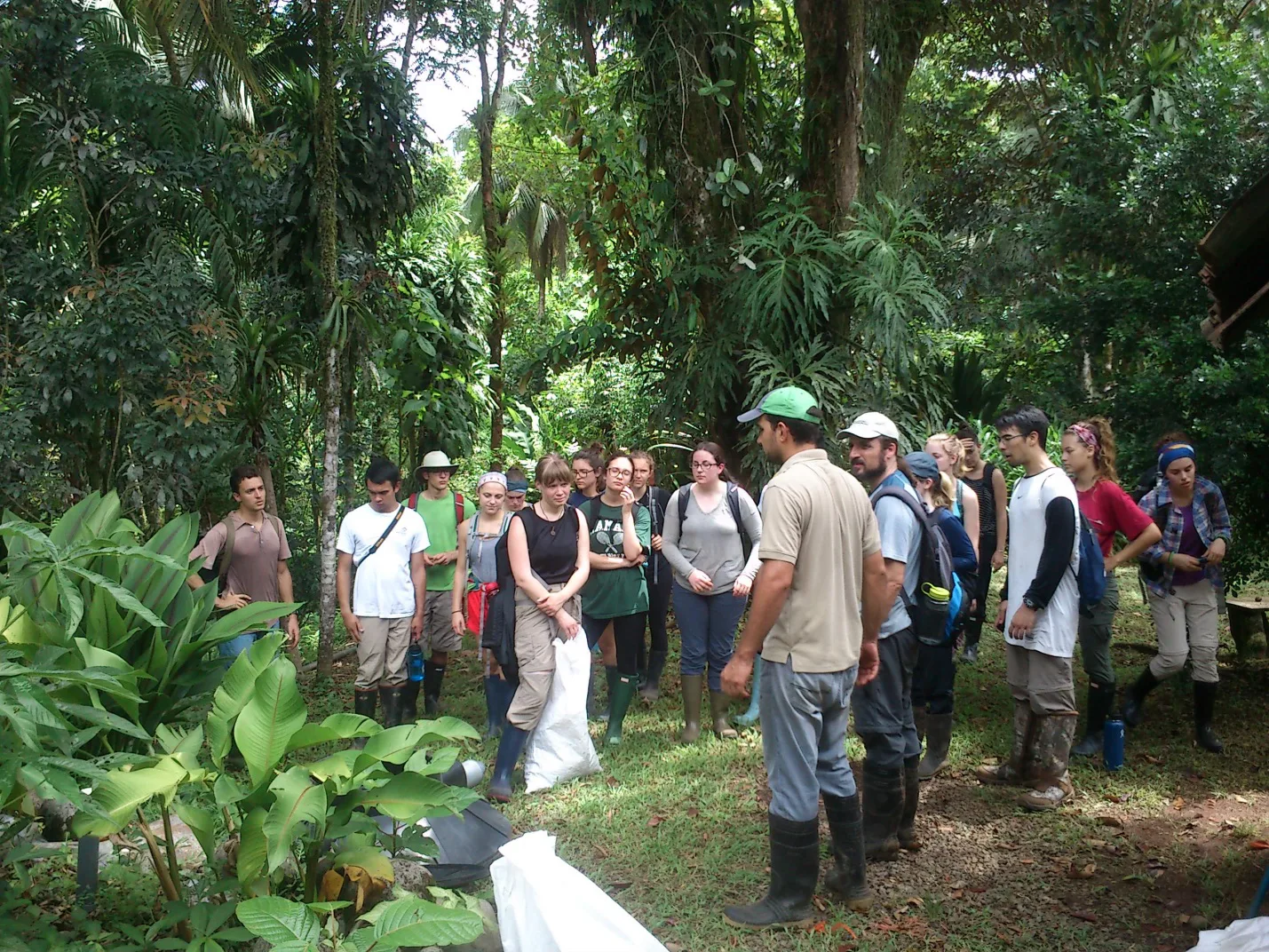
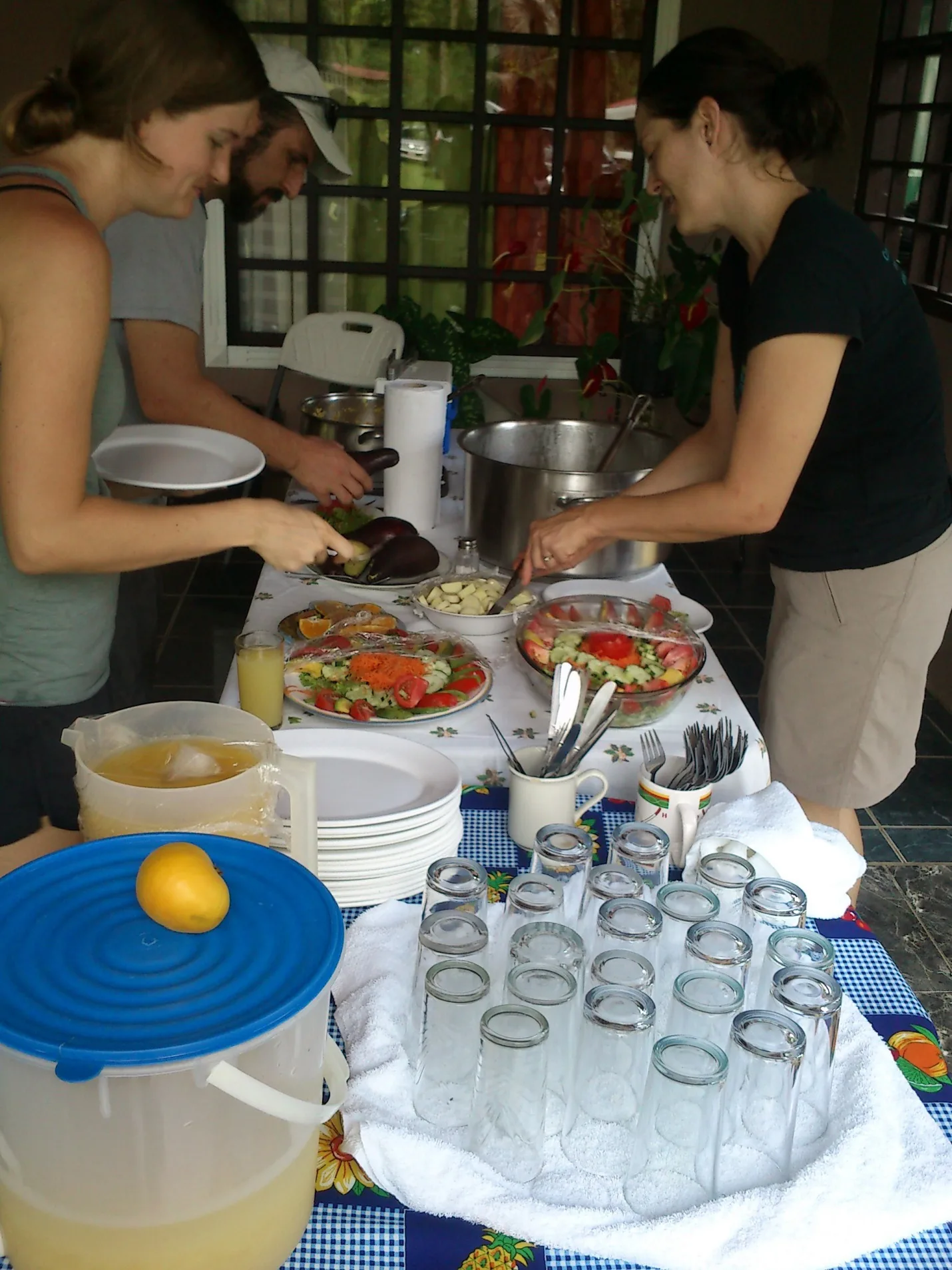
→ Sustaining Tropical Ecosystems: Biodiversity, Conservation and Development in Costa Rica
Related Posts
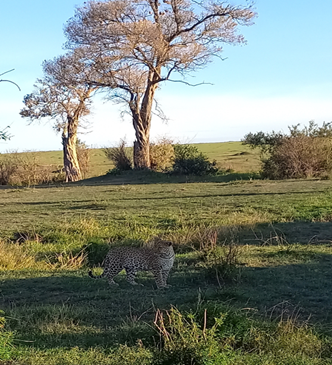
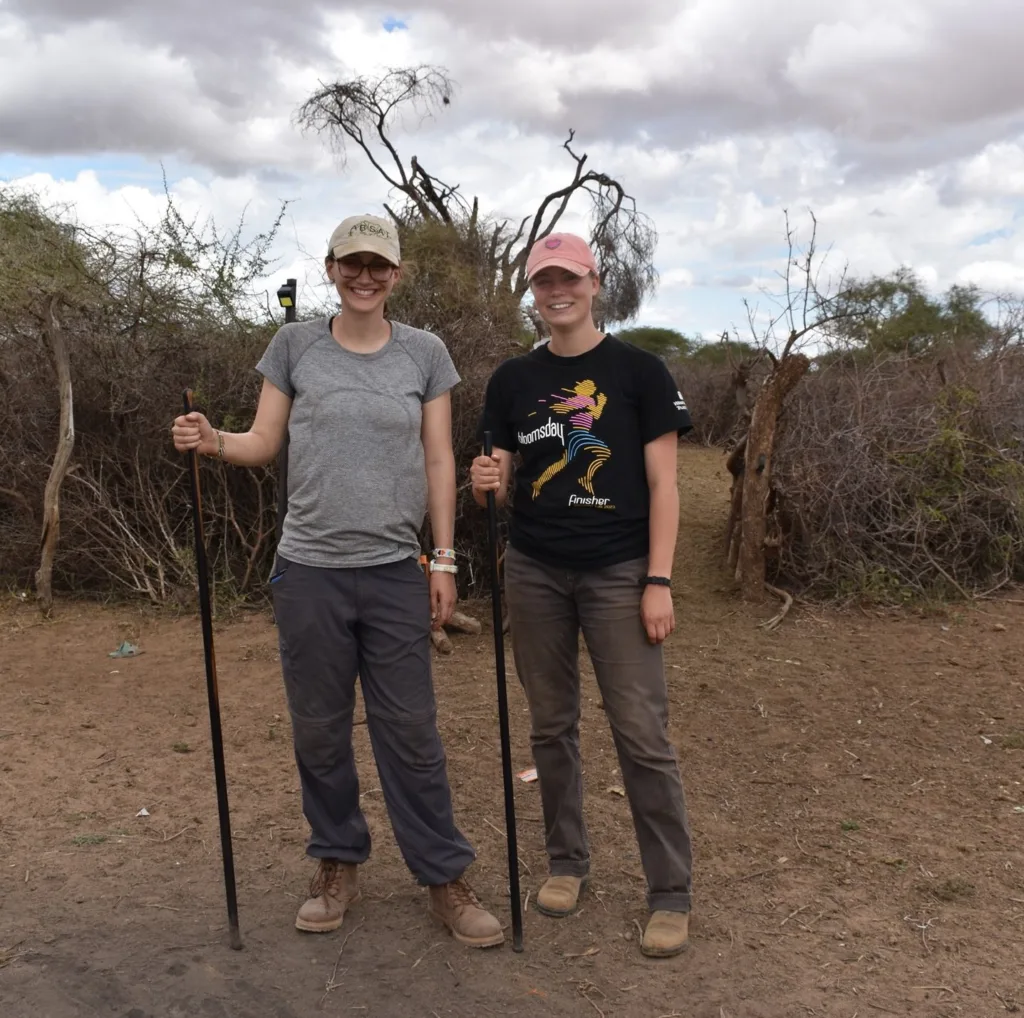
Alumni Reflections: Stories of the Return to Kenya
